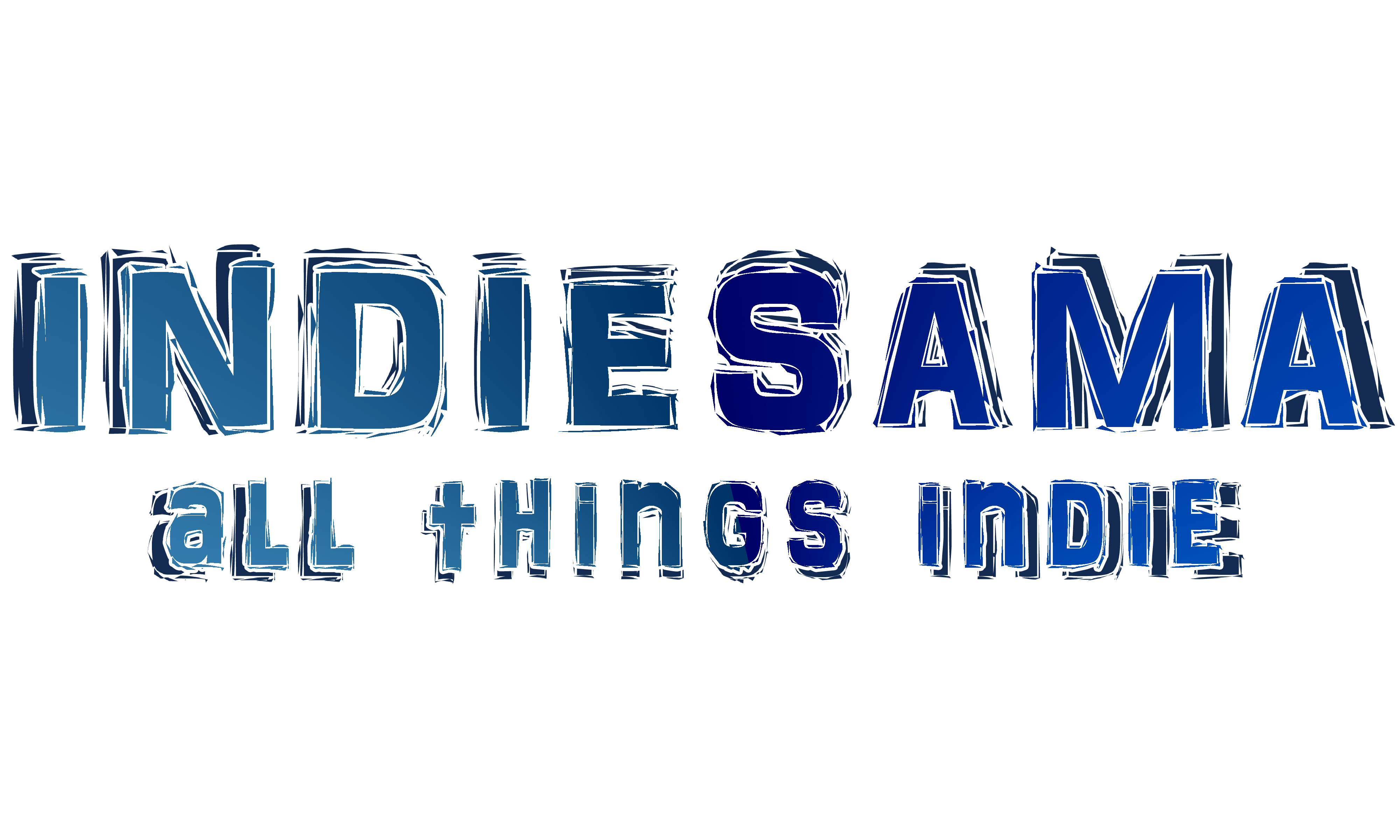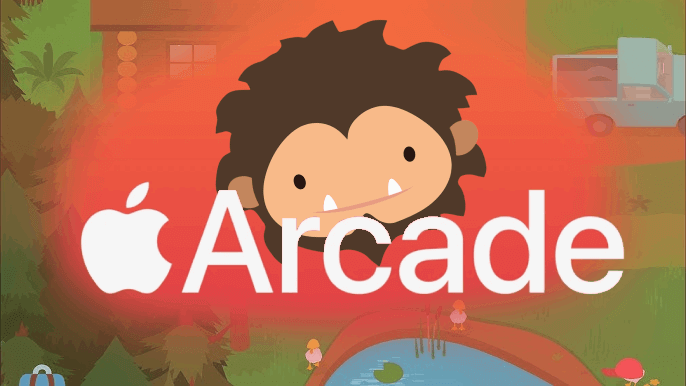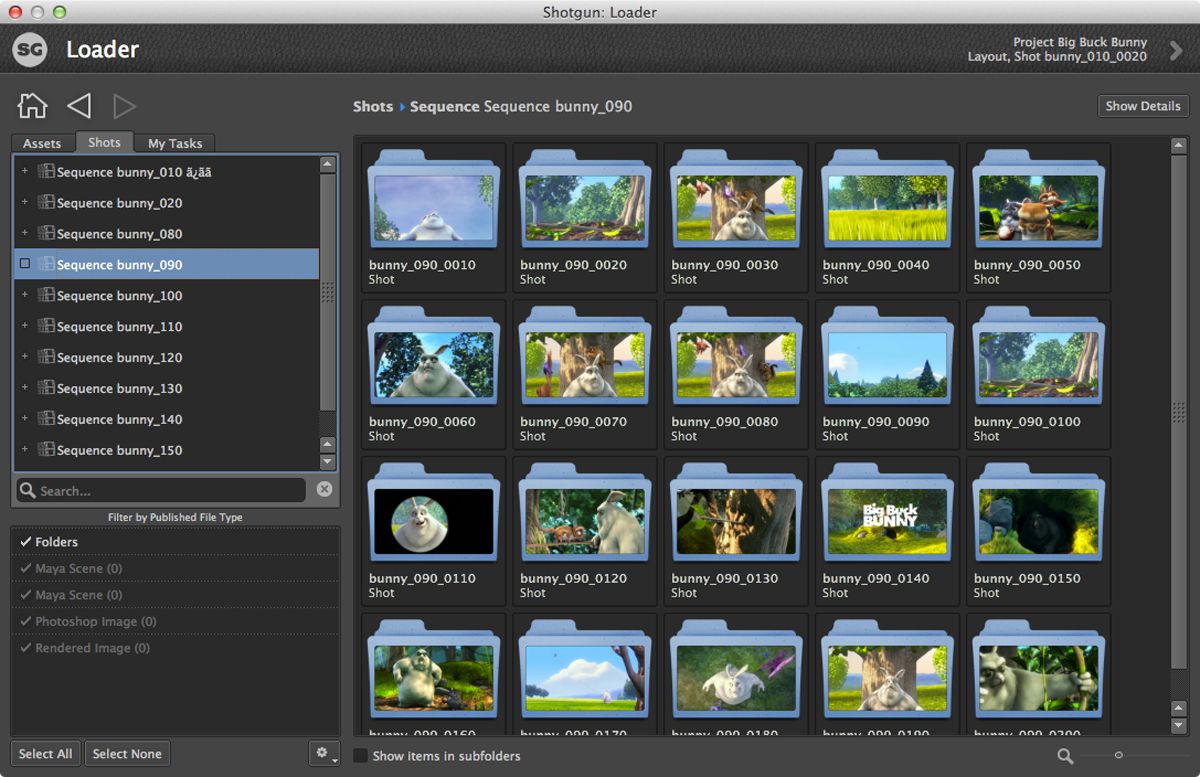In a move that’s shaking the indie game development world, Apple has officially acquired RAC7, the small but mighty Canadian studio behind the beloved Sneaky Sasquatch. This marks Apple’s first game studio acquisition ever — and while it might seem like good news for Apple Arcade, some of us in the indie space can’t help but wonder: is this a step forward… or the beginning of something far more corporate?
From Indie Darling to Corporate Property
RAC7 earned its stripes with games like Splitter Critters and Sneaky Sasquatch — quirky, charming titles that embodied what we love most about indie games: creativity, weirdness, and risk-taking. Sneaky Sasquatch was one of the breakout stars of Apple Arcade when it launched in 2019, and its success felt like a win for the little guys.
Now, RAC7 is no longer indie.
Yes, the acquisition may mean more funding, stability, and polish. But what do we lose in the process? Indie games thrive on independence, experimentation, and the freedom to fail. Apple’s tight ecosystem and brand-controlled vision could slowly chip away at what made RAC7 magical in the first place.
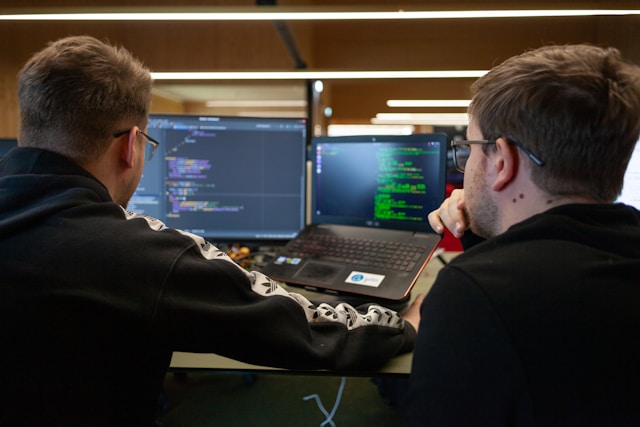
Apple Arcade Is Hungry for Content – But at What Cost?
Let’s be honest: Apple Arcade has been struggling to stay relevant. With Netflix, Xbox Cloud Gaming, and Google Play Pass all gunning for the mobile gaming throne, Apple needed a power play. Buying RAC7 gives them a studio with a proven track record, a built-in fanbase, and a flagship title people already love.
But let’s call it what it is — this is Apple trying to control the supply chain of fun. Instead of curating great indie content, they now own it. Today it’s RAC7. Tomorrow? Who knows. Your favorite two-person dev team might be next.
Are Indie Games Still “Indie” If Apple Owns Them?
This is the real question indie devs and fans need to ask. If a game is made by a studio owned by one of the largest tech corporations in the world… can it still be called “indie”?
RAC7 isn’t a massive team — it was just two core developers at the start. But now, they answer to Apple. Will they still get to take weird narrative risks? Try out bizarre mechanics that might not test well with general audiences? Or will they start producing the kind of sanitized, algorithm-approved games that blend into the background?
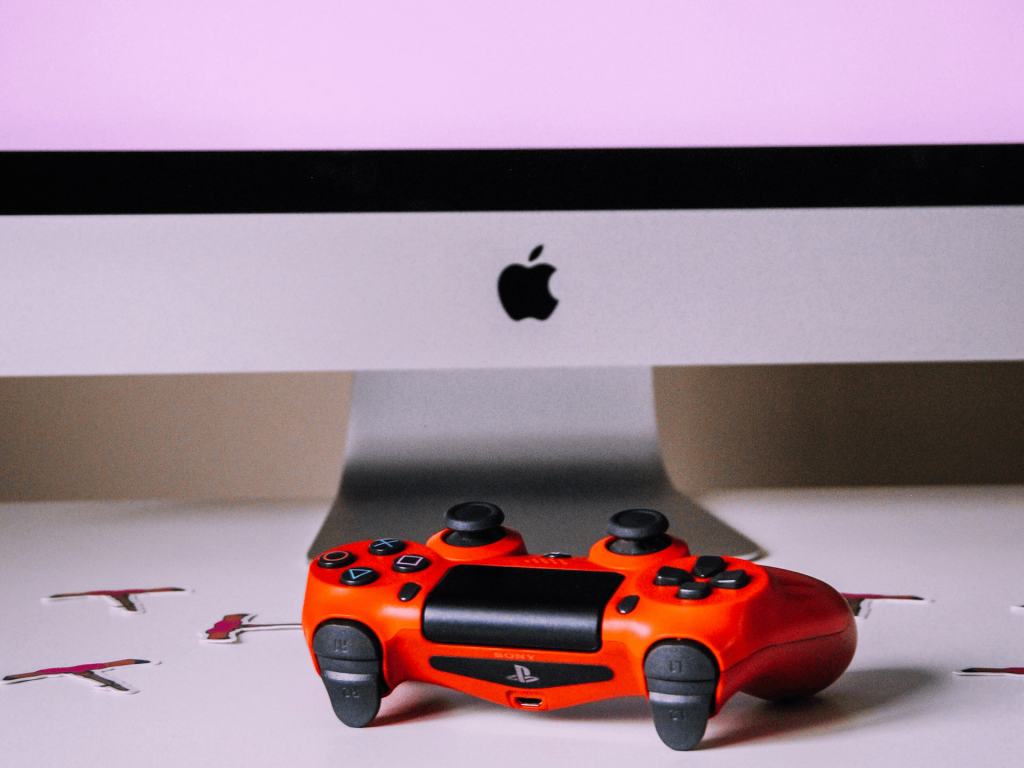
Why This Acquisition Feels Risky for the Indie Scene
There’s always been a healthy tension between independent game developers and large publishers. That friction often leads to incredible, original art. But when Big Tech starts swallowing up small studios, we lose more than autonomy — we lose the soul of indie gaming.
This isn’t just about Sneaky Sasquatch. It’s about what comes next:
- Will Apple start dictating what kind of indie games get made?
- Will creativity take a back seat to marketability?
- Will Apple Arcade become the Disney+ of mobile gaming — safe, predictable, and a little bit boring?
Indie Devs: Stay Weird, Stay Free
Don’t get me wrong — I want RAC7 to succeed. I hope their next game blows our minds and proves everyone wrong. But I also hope this doesn’t start a trend where indie studios become content farms for tech giants.
We need platforms like Apple Arcade to support indie games, not absorb them.
So, fellow indie lovers: support the weird, the risky, the rough-around-the-edges. Play that pixelated game made by two friends in a basement. Back that Kickstarter with a hand-drawn art style and no marketing budget. And keep asking the hard questions — even when a studio “makes it.”
Because if indie becomes mainstream, who’s left to push the boundaries?

